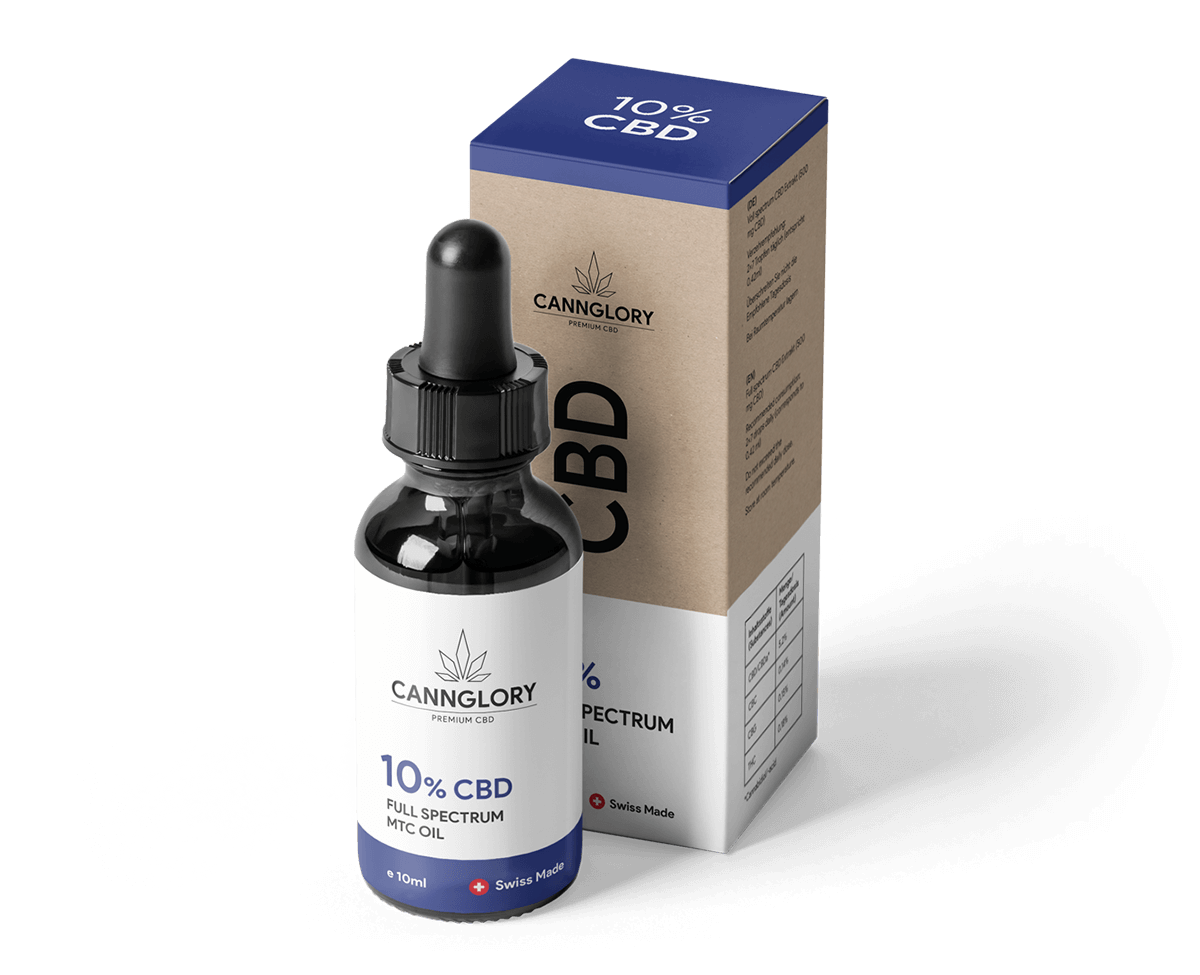Faq
How does CBD work in the brain?
Cannabinoid receptors are an essential component of the Endocannabinoid system (ECS) in human and animal body. Every function in our body requires balance in order to work properly and at the maximum capacity. CB1 receptors are widely spread throughout the body, mainly in our brain and they affect our movement, how we feel and manage pain, emotion, mood, the way we think, access our memories and many other functions necessary for our life.
Conventional drugs and prescriptions in todays medicine can help relieve stiffness and pain, but some people see CBD as a more natural alternative to these heavy medications to help reduce chronic pain by impacting endocannabinoid receptor’s activity and reducing inflammation to help us a better life. CBD can help to deal with mental disorders such as depression, neuropathic pain and anxiety.

5 ways CBD affects our brain:
- CBD can reduce blood flow
- CBD can manage pain and our sensitivity to it
- CBD can reduce oxidative damage
- CBD can lower the degree of excitation in brain cells
- CBD can have significant antipsychotic properties
Excitotoxicity plays a huge role in neurodegenerative diseases, which is a damage caused when the brain cells become extremely active due to too much stimulation. Excitotoxicity happens mainly after a stroke, traumatic brain injury or even commonly hearing loss.

